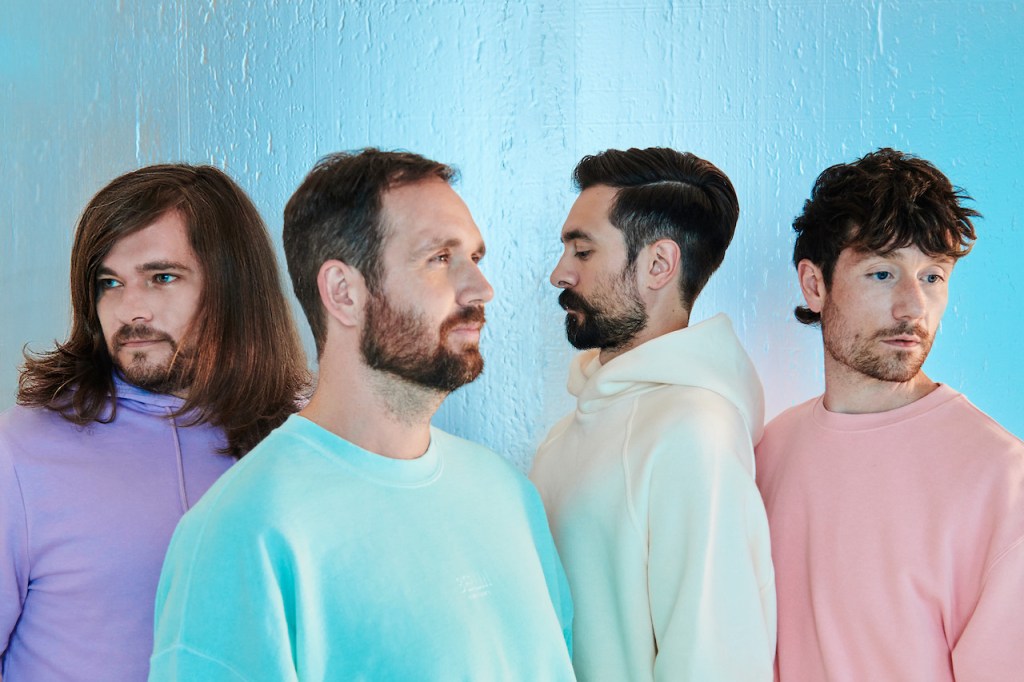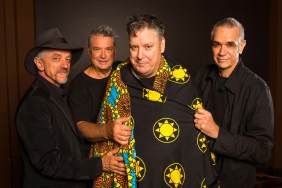Every new album cycle feels like another leap forward into the great unknown, but right now English pop-rock explorers Bastille are on the precipice of easily their greatest.
They know nothing of the world that awaits them after the release of their (now out) fourth album Give Me the Future – fitting, really, what with the title and all. They have plans, certainly…












